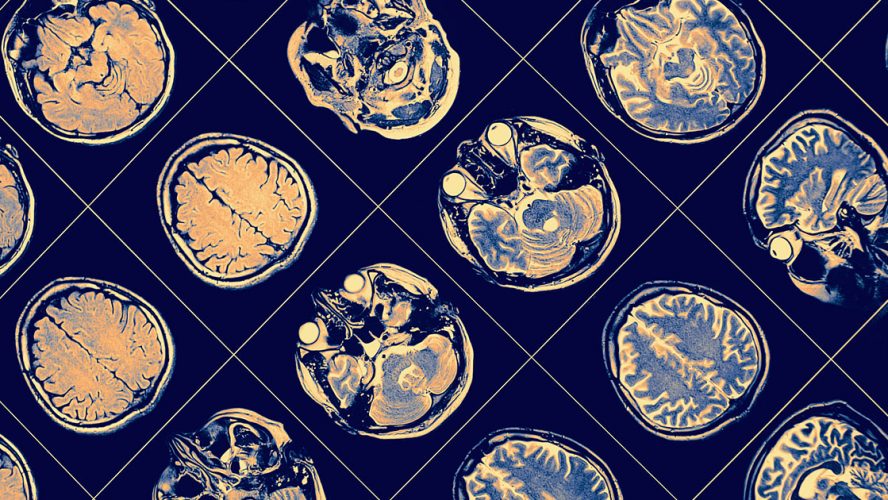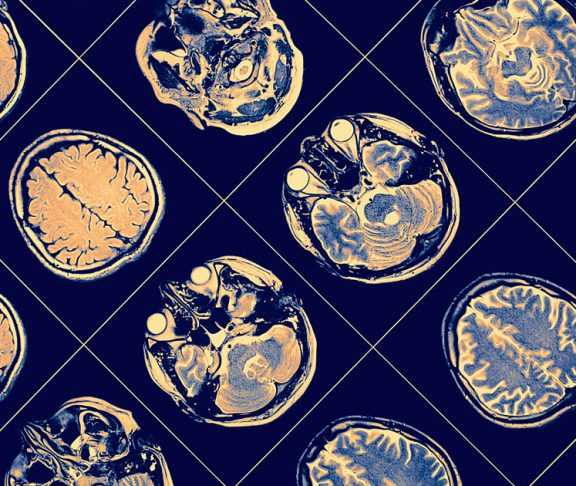
John Lehr
President and CEO, Parkinson’s Foundation
1. Parkinson’s only affects movement, causing tremor, stiffness, and slowness
There are many PD symptoms unrelated to movement. Non-movement symptoms are quite common and include impaired sleep, constipation, bladder symptoms, fatigue, pain, anxiety, and depression. The good news is, many of these symptoms are treatable.
2. You can judge how severe a person’s Parkinson’s is based on a single observation
Many PD symptoms fluctuate, and not all symptoms are visible. Many people with Parkinson’s can experience off-times when symptoms are problematic and can be more visible. This mostly occurs when medications are wearing off. People with PD also experience on-times when they feel well and medications are working.
3. Medication is the only treatment for Parkinson’s
In addition to taking medication as prescribed by their care team, people with Parkinson’s can improve symptoms and live well despite the disease. Research shows that exercise can help with symptom management and can improve mobility, stamina, mood, and quality of life. People with PD should also focus on getting adequate sleep and nutrition.
4. A doctor can predict a patient’s Parkinson’s prognosis
No two people experience the same Parkinson’s progression, symptoms, or reaction to treatments, so even the best doctors cannot predict exactly what lies ahead. People living with PD who seek expert care from a comprehensive care team have better outcomes. In fact, neurologist care saves about 4,600 lives each year in the United States alone.
If you or a loved one have been diagnosed with Parkinson’s, work with your doctor to create a plan to stay healthy. The Parkinson’s Foundation is here to help. Call our toll-free helpline at 1-800-4PD-INFO (473- 4636) to speak to a PD information specialist or visit Parkinson.org.

